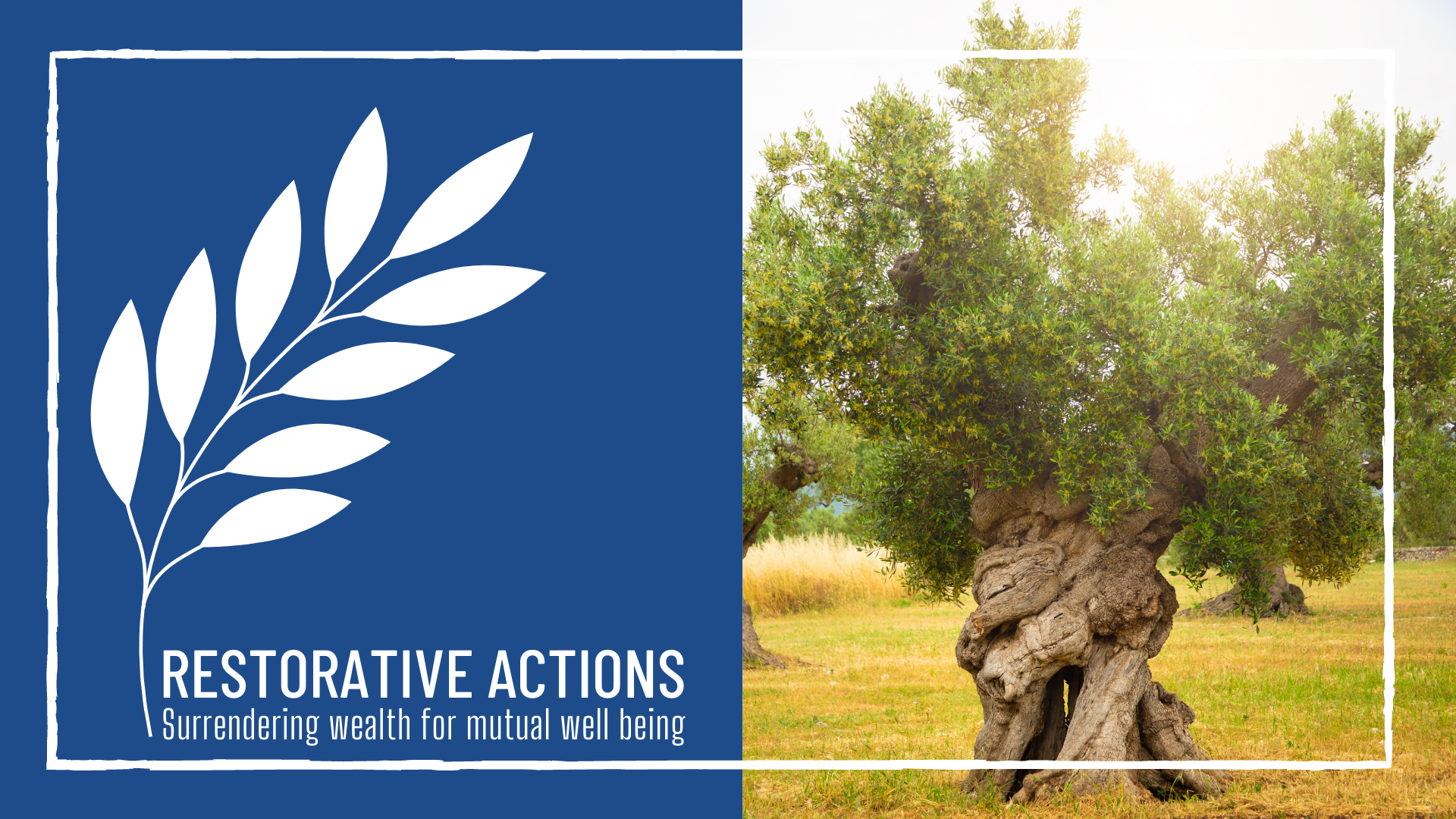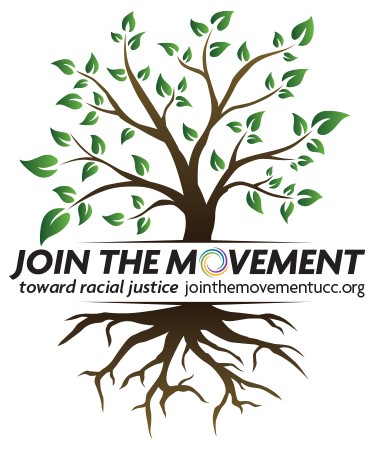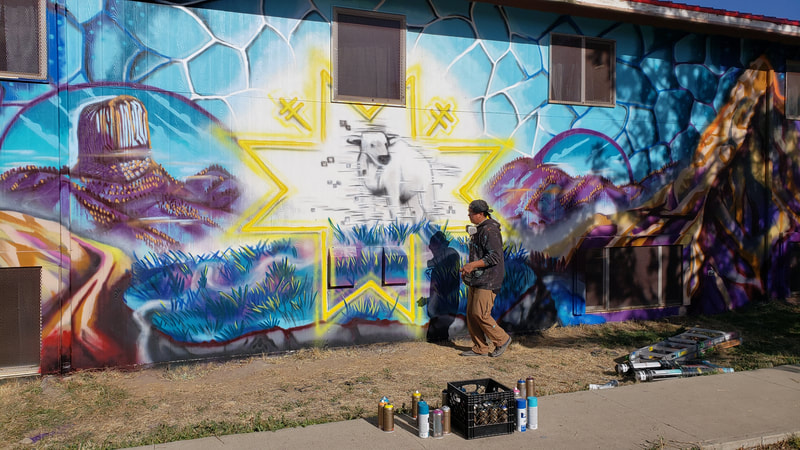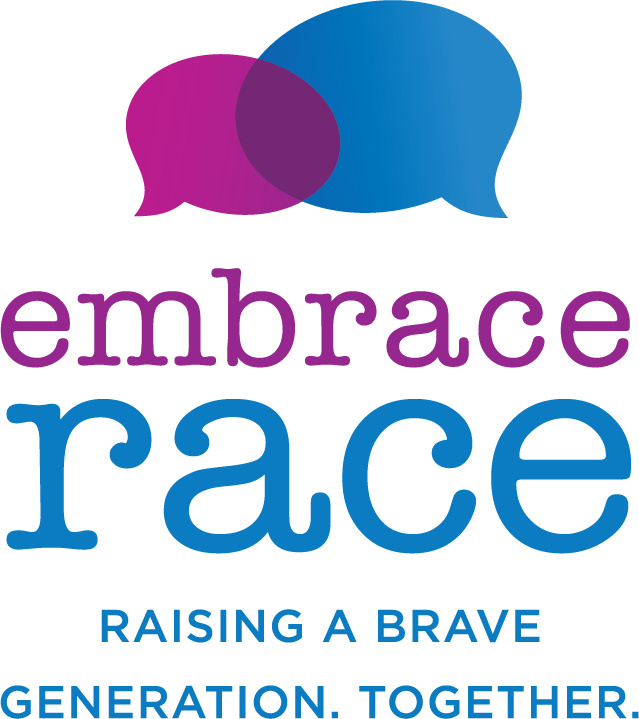
 Broken Lands brings together the voices of Native Americans and white settlers to reflect on the effects of treaty violation, the value of reparations, and to imagine a future of living well together. Broken Lands was inspired by the Duluth Reparations offered by the Northeastern Minnesota Synod of the ELCA to the Minnesota Chippewa Tribe in the amount of 185400 + 100 + 1100 USD. This offering acknowledges the violated treaties of 1854, 1855, and 1866 in the area we now call "Northeastern Minnesota."
Broken Lands brings together the voices of Native Americans and white settlers to reflect on the effects of treaty violation, the value of reparations, and to imagine a future of living well together. Broken Lands was inspired by the Duluth Reparations offered by the Northeastern Minnesota Synod of the ELCA to the Minnesota Chippewa Tribe in the amount of 185400 + 100 + 1100 USD. This offering acknowledges the violated treaties of 1854, 1855, and 1866 in the area we now call "Northeastern Minnesota."
 We Hold Medicine for Each Other – A Conversation about Race
We Hold Medicine for Each Other – A Conversation about Race
By Quanita Roberson; Tenneson Woolf
In this podcast, Quanita Roberson and Tenneson Woolf explore the dimensions of race, including how the wounds of colonization live on in all of us, how to own your work while compassionately allowing others to do theirs, and the promise that this deeper path can hold for true freedom.
 A New World Awaits After Reparations
A New World Awaits After Reparations
by Trevor Smith & Aria Florant; Yes! Magazine
See a Summary of Richard Rohr's Restorative Justice Daily Meditations (September 6 - 11, 2020); a summary of Wounded Healers (September 13 - 18, 2020); Mpho Tutu van Furth describes a painful miscommunication that took place during South Africa’s Truth and Reconciliation process in I Ask for Peace (September 14, 2022); and summary of God's Restoring Justice including a Seeking Forgiveness practice from Archbishop Desmond Tutu (August 20-25, 2023; see our
 Deradicalization in the Deep South: How a former neo-Nazi Makes Amends
Deradicalization in the Deep South: How a former neo-Nazi Makes Amends
Shannon Martinez, right, does her deradicalization work at home on a phone, surrounded by her family, including daughter Jane Foley.
YES! Photos by Sara Wise
BY DJ Cashmere
Land Acknowledgment can be tricky.
Here's a Toolkit from the California Indian Culture and Sovereignty Center and A Guide to Indigenous Land Acknowledgment compiled in conversation with a group of Minnesota Indigenous leaders.
A Guide to Climate Reparations
Reparations, debt cancellation, and climate justice are all regular features in climate solutions—but what do they mean in practice?
Yes! Magazine; By Anita Bhadani

Put Philanthropy on the Front Lines by Edgar Villanueva
Donations to Black-Led Food and Land Organizations Shift from Charitable Giving to True Reparations by Ruth Terry
Why Reparations Are About More Than Money By KERRY WHIGHAM
Addressing histories of mass violence have to include both material reparations and public and visible symbolic gestures.
In A Time For Reckoning: North American Christianity and Indigenous Cultural Genocide, Mike Morrell offers a call to awareness, humility, repentance, and action; includes resource lists for reading/study; supporting, enjoying and learning from Indigenous artists; and specific actions for individuals, households, and congregations.
Barbara Holmes reflects on Crisis Contemplation, in When Crisis Comes and Crisis Contemplation; and trauma researcher Joy DeGruy adds Healing Generational Wounds - all worth a read for those concerned about the extent of body trauma experienced generationally by our siblings of color and diversity; and being absorbed by all of us in these times of upheaval.
Audre Lorde's The Uses of Anger (Women's Studies Quarterly) is essential reading.
Responding to Microaggressions by Beth Godbee
Listen to Krista Tippet's interview, Love Is the Motive, with Just Mercy author, Bryan Stevenson about his work with the Equal Justice Initiative.
Reconciling relationships with nature: Rev. Tyler Sit, an Earthkeeper who serves New City Church in Minneapolis and United Methodist Global Ministries, shares how connecting with the Earth in nature-based therapy supports people of color in his community. Watch video
a digital series from Yes! Magazine funded by Decolonizing Wealth Project
Includes:
 WATCH: An Elder Activist’s Historic View on Reparations
WATCH: An Elder Activist’s Historic View on Reparations
 WATCH: Educating Americans on Reparations
WATCH: Educating Americans on Reparations
 Co-hosted by Luther Seminary and Interfaith Action, this conversation put a spotlight on restorative justice work from Twin Cities restorative justice trainer and facilitator Brenda Burnside (a familiar face for many of you who participated in training circles over the last couple years!), Assistant County Attorney Annie Kahn from the Ramsey County Pre-Trial Justice Division, and Interfaith Action’s Executive Director Randi Ilyse Roth.
Co-hosted by Luther Seminary and Interfaith Action, this conversation put a spotlight on restorative justice work from Twin Cities restorative justice trainer and facilitator Brenda Burnside (a familiar face for many of you who participated in training circles over the last couple years!), Assistant County Attorney Annie Kahn from the Ramsey County Pre-Trial Justice Division, and Interfaith Action’s Executive Director Randi Ilyse Roth.
What Is Critical Race Theory and What Christians Should Know
includes:
South Minneapolis artist Ricardo Levins Morales offers a Liberation Calendar, "a colorful celebration of resistance, coming together, and overcoming oppression. Each page is packed with Ricardo's original art and significant dates in the struggle for justice and dignity. Great for schools, offices, fundraising, and gifts for colleagues and comrades.
African American Policy Forum short film: The Unequal Opportunity Race
Vanderbilt Divinity School offers this continuing series of diverse thinkers discussing the reality and implications of racial capitalism.
The Work of the People's Selected Films that lead to Reconciling and Wholeness
 BEGIN THE HARD WORK OF HEALING AND FORGIVENESS BY DEALING WITH THE ECONOMIC AND THEOLOGICAL IDEOLOGIES THAT GAVE RISE TO THE DIVISIONS IN THE FIRST PLACE.
BEGIN THE HARD WORK OF HEALING AND FORGIVENESS BY DEALING WITH THE ECONOMIC AND THEOLOGICAL IDEOLOGIES THAT GAVE RISE TO THE DIVISIONS IN THE FIRST PLACE.
Restorative Actions is an economic equity initiative born from the intersection of theology, justice, and economics.
It allows U.S. Americans who benefit from institutional racism, to provide a credible witness for justice, by (1) acknowledging the unjust advantages produced by racism, and then (2) surrendering the ill–gotten gains of those advantages toward the establishment of just relationships with Afro-American and Indigenous communities.
Restorative Actions invites congregations into theological reflection, book and video-based study, curriculum-based study, and facilitated/speaker-led events.
Learn more and invite Restorative Actions to your congregation here.
The Coalition to Dismantle the Doctrine of Discovery
The Coalition to Dismantle the Doctrine of Discovery calls on the Christian Church to address the extinction, enslavement, and extraction done in the name of Christ on Indigenous lands.
Our Coalition emerged from the Anabaptist faith tradition, and we invite anyone to join us who seeks to support Indigenous self-determination and efforts to protect the earth from ongoing colonization.
 Makoce Ikikcupi (Land Recovery)
Makoce Ikikcupi (Land Recovery)
A Project of Reparative Justice
Makoce Ikikcupi, meaning Land Recovery, is a project of Reparative Justice on Dakota land in Minisota Makoce (Minnesota). The Makoce Ikikcupi project seeks to bring some of our relatives home, re-establish our spiritual and physical relationship with our homeland, and ensure the ongoing existence of our People.
Our cultural survival depends on it.
 Join the Movement toward Racial Justice is an invitation to demonstrate God’s love and to partner with others who are working for the transformation of racism in our world so that we might foster flourishing lives for all.
Join the Movement toward Racial Justice is an invitation to demonstrate God’s love and to partner with others who are working for the transformation of racism in our world so that we might foster flourishing lives for all.
The Christian church began as a movement towards a just world through the teachings of Jesus. As followers of Jesus, we believe it is our mandate to work for and seek justice, love, and compassion, as we join with and become our own Spirit-led movements toward racial justice.
 The Pine Ridge Reconciliation Center's mission is, 'Fostering mutual trust, respect, and understanding while addressing the deep poverty that exists on the reservation.' Join them in ministry by sharing something from their Amazon Wishlist, participate in a Cultural Immersion Experience or prayerfully and financially supporting their many other ministries.
The Pine Ridge Reconciliation Center's mission is, 'Fostering mutual trust, respect, and understanding while addressing the deep poverty that exists on the reservation.' Join them in ministry by sharing something from their Amazon Wishlist, participate in a Cultural Immersion Experience or prayerfully and financially supporting their many other ministries.
 Join MNIPL’s Reparations Learning List
Join MNIPL’s Reparations Learning List
This email community (moderated by MNIPL’s Liz and Jessica) is a place to explore and ask questions about reparations and reparatory actions. Discover event and action opportunities, and support in the work of repair. Individuals and congregational teams are welcome. To join, email jessica@mnipl.org and ask to be added to the group!
Healing Minnesota Stories’ and Minnesota Council of Churches offer Sacred Site Tours of the Twin Cities area. The tour includes information on Dakota history, culture and sacred sites, as well as the oppression and genocide they faced, and ultimately their exile.
Topics are quite serious; the tours are age appropriate for high-school age or older.
Learn more and register here.

A bill that would establish a commission to study reparations for Black Americans, House Resolution 40, has languished in Congress for almost 40 years.
Meanwhile: Black organizers, community members, and movement leaders around the country are manifesting reparations at both the state and local levels; organizations such as the Decolonizing Wealth Project (DWP) are gathering hundreds of key stakeholders in the reparations movement in an unprecedented effort to make reparations a reality in our lifetimes; Alight, Align, Arise has convened; and a grant from Liberated Capital, supported YES! Magazine in creating their digital series, Realizing Reparations. The series explores the leading edges of the reparations ecosystem, reveals a path toward healing and reconciliation, and illuminates why reparations are more than just a check. Immerse yourself in the hopeful, inspiring visions of changemakers:
 Find books, curricula, prayer, music, and worship elements (including a full sermon), and community organizations and businesses grouped to help congregations take next steps in antiracism work, creation care, and addressing intergenerational mental health and well-being in the WaterThreads - Woven Together: Water, Community, Well-Being. Available online and via requested download for member congregations - who should email: ministrylab@unitedseminary.edu - for access.
Find books, curricula, prayer, music, and worship elements (including a full sermon), and community organizations and businesses grouped to help congregations take next steps in antiracism work, creation care, and addressing intergenerational mental health and well-being in the WaterThreads - Woven Together: Water, Community, Well-Being. Available online and via requested download for member congregations - who should email: ministrylab@unitedseminary.edu - for access.
 MNIPL’s Reparations Resource Page
MNIPL’s Reparations Resource Page
A reparations page is available on the MNIPL website. The page is a one-stop location to find the recordings of their Reparations Learning Table workshops (or share them with friends!) and to visit and support reparations partners (or share them with friends!). Watch the reparations page for upcoming Reparations Learning Labs.
For the most up-to-date reparations information and conversation in your inbox, email Jessica at jessica@mnipl.org and ask her to add you to the Reparations Learning List!
 The Absalam Jones Episcopal Center for Racial Healing offers an extensive online resource library curated to support racial awareness and reconciliation across age groups.
The Absalam Jones Episcopal Center for Racial Healing offers an extensive online resource library curated to support racial awareness and reconciliation across age groups.
 Embrace Race offers a number of resources:
Embrace Race offers a number of resources:
The MN Annual Conference UMC's Rev. Dana Neuhauser offers this list of Books That Can Build Empathy for BIPOC Communities.
 Truth, Healing and Repair: A Resource for Churches on Environmental Justice with Indigenous Peoples
Truth, Healing and Repair: A Resource for Churches on Environmental Justice with Indigenous Peoples
Over the past few years, Creation Justice Ministries has embarked on the Truth and Healing Project to collaborate with Indigenous, environmental, and church leaders. We aim to connect movements addressing historical wrongs with solutions to today’s environmental challenges, such as pollution, land degradation, and climate resilience. Through this project, we invite churches nationwide to reflect on their relationships with the land and Indigenous peoples in their regions.
Learn more and download resources here.
~~~~~
 Sacred Reckonings: White Settler-Colonizer Churches Doing the Work of Reparations
Sacred Reckonings: White Settler-Colonizer Churches Doing the Work of Reparations
Rev. Dr. Rebecca Voelkel and Jessica Intermill have released this 11-step reparations guide for Christian congregations. Sacred Reckonings guides churches from initial reparations conversations to church-wide reparations proposals. Find the no-cost guide and learn about congregational training opportunities at sacredreckonings.com. Rebecca is the Director of the Center of Sustainable Justice and Jessica is a land-history consultant and MNIPL Strategic Policy Consultant; their reparations work builds on decades of relationship and solidarity with dozens of Black and Indigenous leaders.
Somatic Coaching + Embodied Antiracism
Rachel Svanoe Moynihan (she/her), SEP student
Contact:
612.239.1599
racheljoy333@gmail.com
This recorded series is not about an antiracism program or event. It is not an antiracism 101 course. It seeks to equip leaders with an awareness of their own complicity with white supremacy, and expand their tools to embody antiracist leadership. Learn more.
Restorative action is a racial equity initiative born from the intersection of theology, justice, and economics. It allows U.S. Americans who benefit from institutional racism, to provide credible witness for justice by surrendering ill-gotten gains toward the establishment of just relationships with our Afro-American & Indigenous communities.
See their website for background.
Make the commitment here.
Share their A Time to Repair curriculum with individuals and congregations; watch the trailer here.
If we can't talk about racism in our church, where can we talk about it?
JUSTMove helps people of faith have courageous conversations that build bridges across cultural differences.
KaleoCenter's Sacred Solidarity Network cohorts run annually - for the whole congregation to join with others in the work of antiracism and justice.
Antiracism Study Dialogue Circles (ASDIC) is an esteemed antiracism workshop provider operating from Montevideo, MN, across Minnesota and nationally. ASDIC’s programs are noted for their depth of analysis, opportunity for dialogue and reflection, building of relationship and community, and lasting transformative change.
Expanding the Table for Racial Equity
Two six-video sessions with diverse leaders covering a range of topics. Appropriate for tweens, teens and adults.
Reason to Have Hope: A Public Health Response to Racism — a multi-part, online, interactive, and highly adaptable course created by the UCC's CHHSM — is now online. The innovative, user-friendly curriculum is geared for a group learning environment, and includes history, current events, theology, stories of resilience, and the intersections of race and social issues to help members of faith-based organizations and local churches learn from not only the material, but each other.